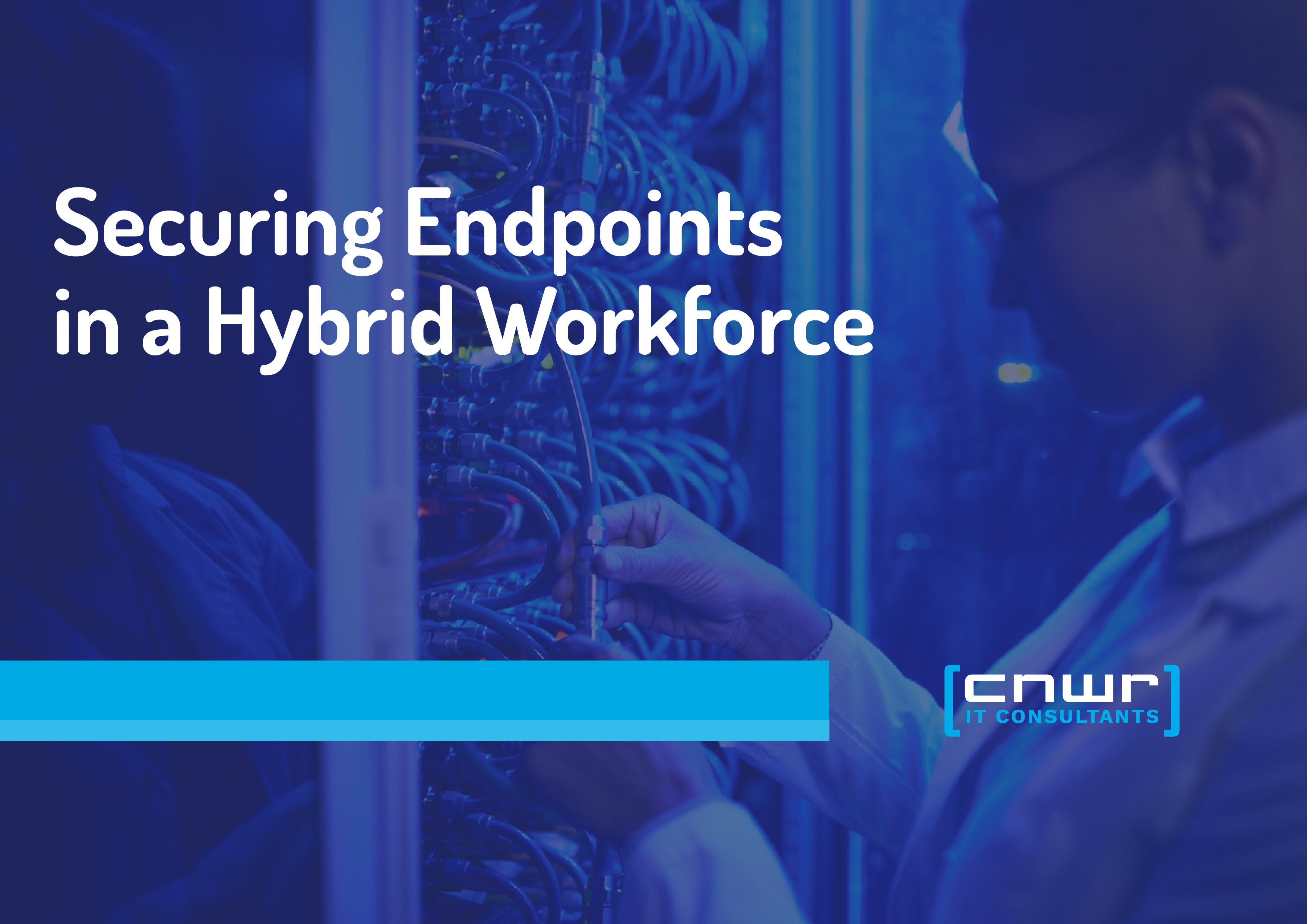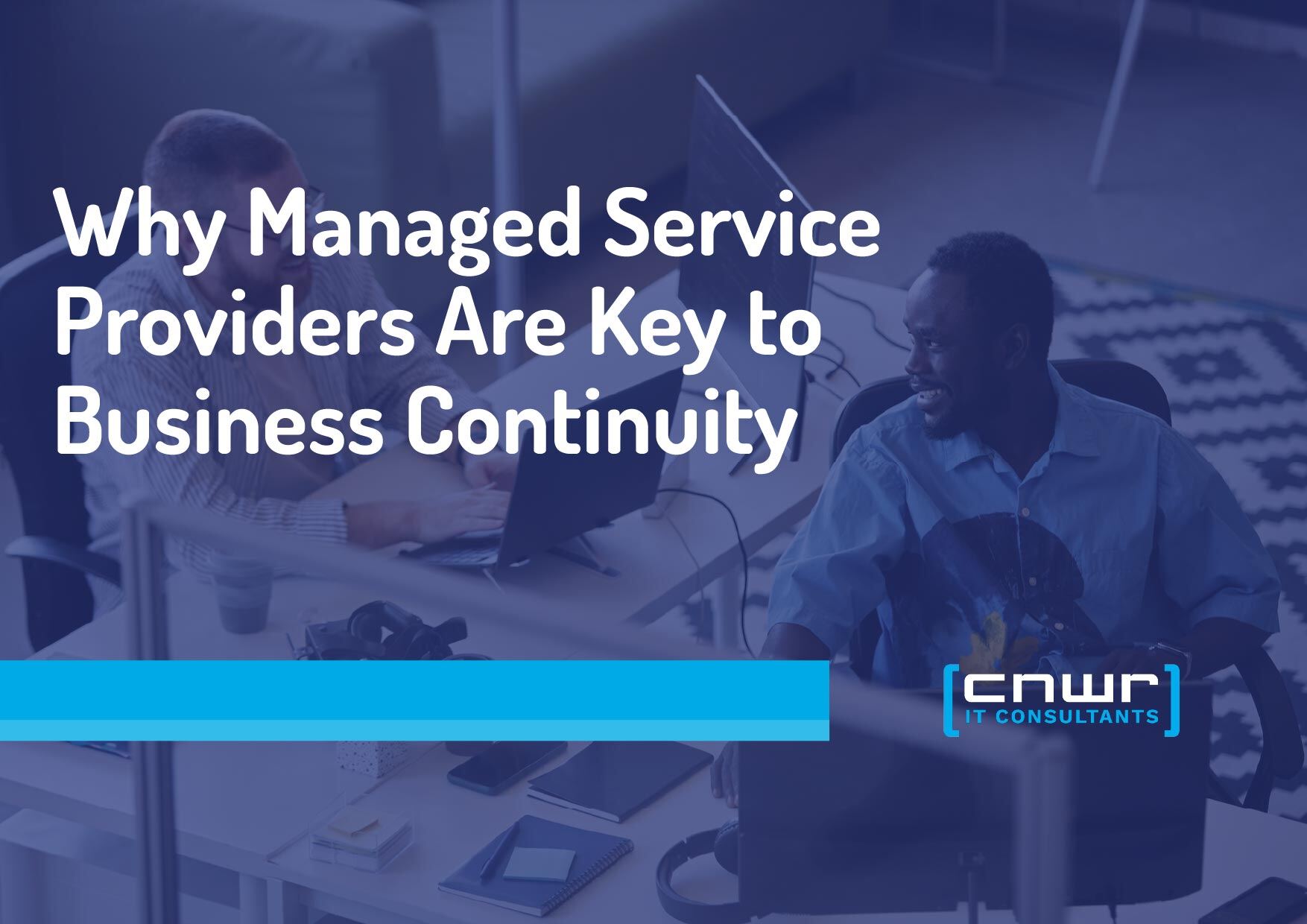A hybrid workforce has become the "new normal" in many businesses worldwide as they adapt to the changing world. This model, which entails employees working in-office, remotely, or a combination of the two, is not without its challenges.
One of the major concerns posed by this setup is security. Businesses are seeking ways to retain the flexibility of a hybrid workforce without compromising the security of company data and assets. Here are some strategies that can be implemented to secure endpoints and keep your hybrid workforce protected.
Educate Your Workforce on Secure Practices
It’s important to empower your team with knowledge. Educate them on secure work practices and potential threats so that they can be vigilant wherever they work. Cultivating a culture of security awareness can be a game-changer in the fight against cyber threats.
Implement Multi-Factor Authentication
Multi-factor authentication (MFA) adds an extra layer of security before granting access to company resources. It combines at least two independent credentials—something the user knows (like a password) and something the user has (like a phone). This ensures that the person accessing is indeed who they claim to be.
Unify Your Security Measures
Instead of disjointed security measures, integrate your security through a unified platform that connects all your defense mechanisms together. This not only simplifies the process but also enhances the effectiveness of your security strategy.
Remember: The goal is to empower your team to work anywhere without compromising the security of your business. By implementing these tips, you can ensure the protection of your endpoints and create a secure hybrid workforce.
Enable Secure Access Anywhere
Virtual Private Networks (VPNs) can provide safe pathways for your team to connect to your resources, whether they're in the office, on the road, or at home. VPNs encrypt data and ensure that only approved users access your assets, providing the right level of security without compromising the user experience.
Rigorously Defend Against Security Threats
End-users often become the target of security breaches. Thus, it’s crucial to have a comprehensive defense strategy in place. This includes having a first line of defense at the DNS layer to keep malicious domains at bay and a last line to protect against advanced threats that might slip through.





